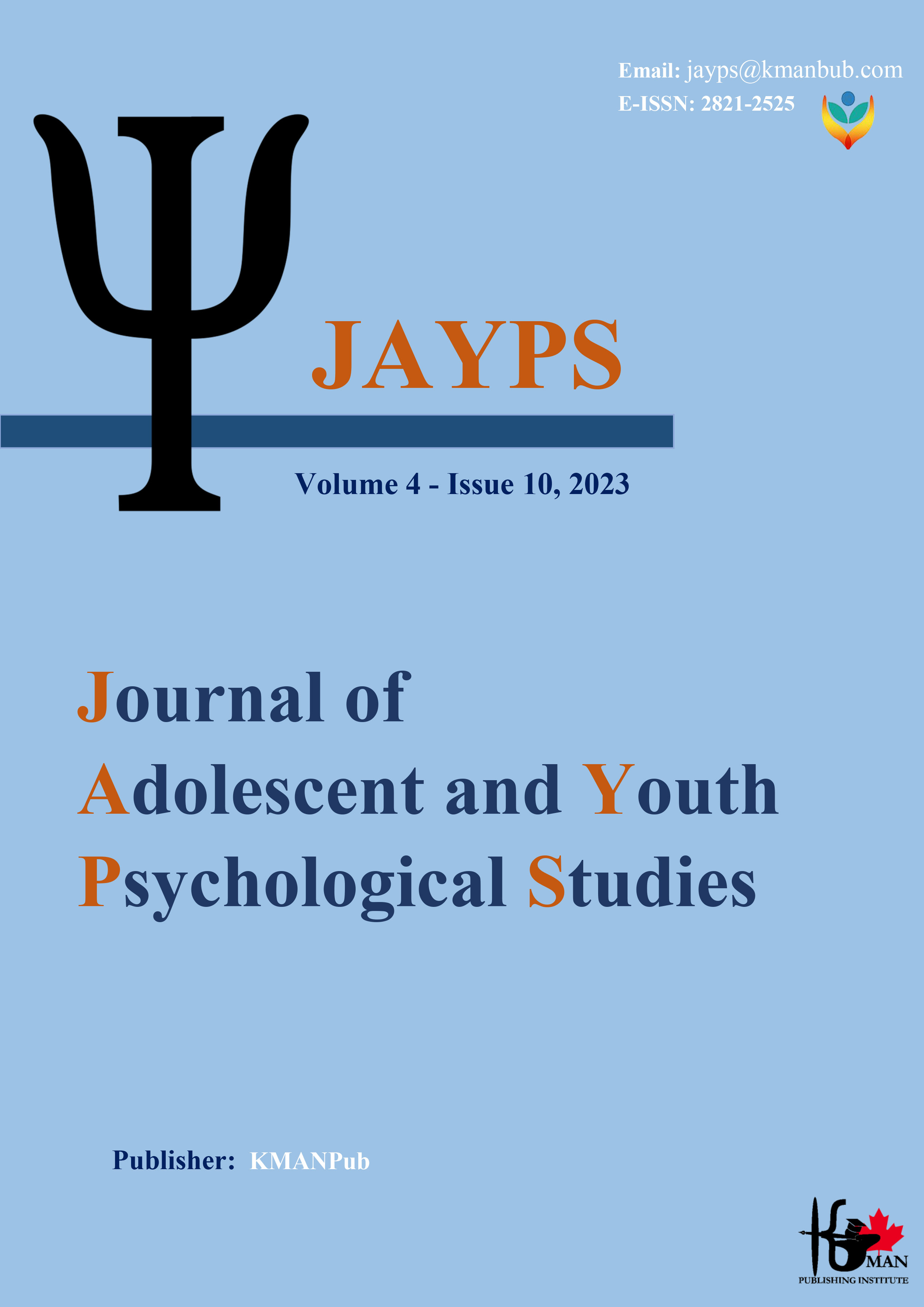Effectiveness of learning strategies (cognitive and metacognitive) in the academic identity development among the students
Keywords:
Learning strategies, cognitive, metacognitive, academic identity.Abstract
Background and Aim: Higher education, as a system tasked with training thoughtful and creative human resources, plays a significant role in development, advancement, and the production of new knowledge. The current study aimed to investigate the effectiveness of teaching cognitive and metacognitive strategies on academic identity among students of Tehran University of Applied Sciences, conducted in the 2020-2021 academic year. Methods: This research, in terms of purpose, was applied and of a quasi-experimental design with a pre-test, post-test, and follow-up with a control group. The population included all students of the University of Applied Sciences in the 2020-2021 academic year, utilizing convenience sampling due to the need for a therapeutic protocol training method. The sample size comprised 30 individuals, randomly assigned with 10 in the cognitive experiment group, 10 in the metacognitive experiment group, and 10 in the control group. The data collection tool was the Wass and Isaacson (2008) Academic Identity Questionnaire. Both experimental groups underwent training in cognitive and metacognitive strategies for 8 sessions. Data were analyzed using two-way repeated measures analysis of variance (mixed between-within subjects-design). Results: The results of the effectiveness of cognitive and metacognitive strategy training showed that it only significantly impacted follow-through academic identity (F=3.91, P=0.032) and this effect was sustained in the follow-up phase. Conclusion: Overall, considering the impact of self-regulated learning skills on students' academic identity, it can be concluded that as students' success in academics and academic challenges is crucial; therefore, enhancing self-regulation can lead to an improvement in the process of academic identity formation.
Downloads
Downloads
Additional Files
Published
Submitted
Revised
Accepted
Issue
Section
License

This work is licensed under a Creative Commons Attribution-NonCommercial 4.0 International License.









